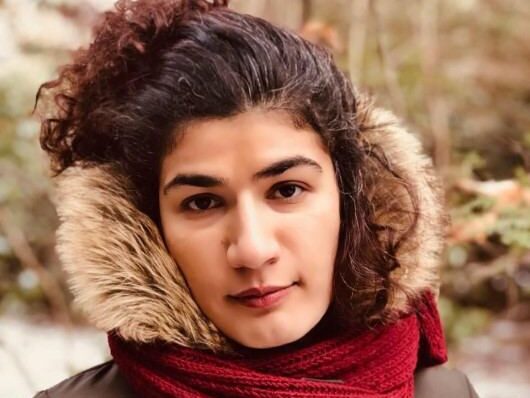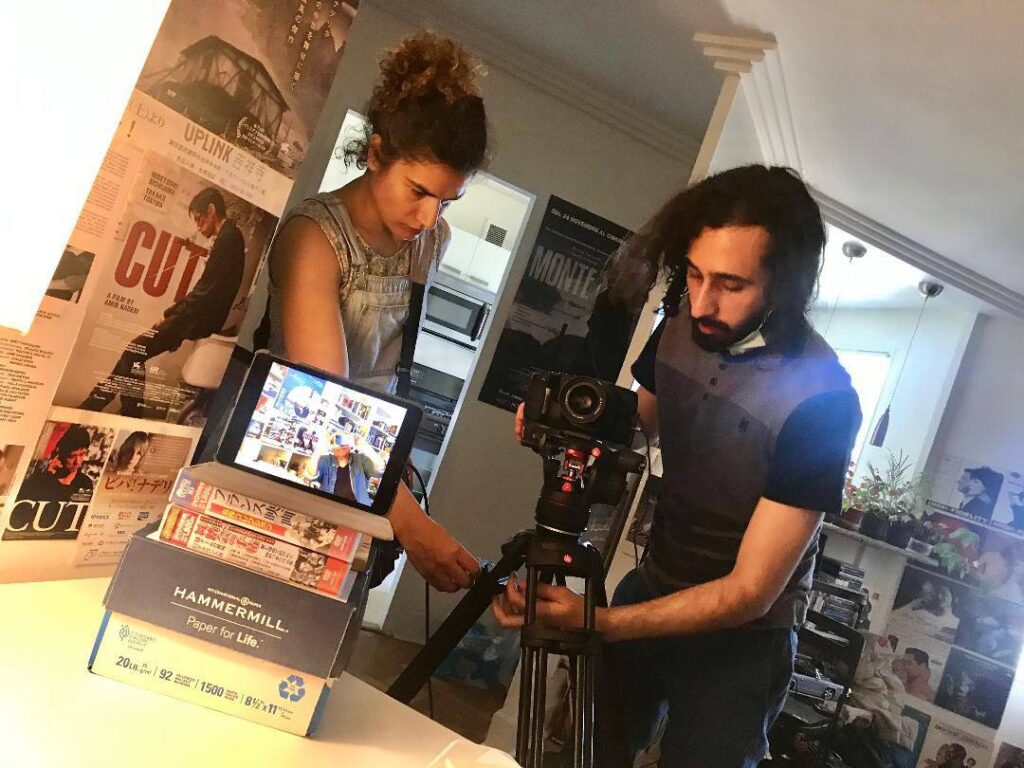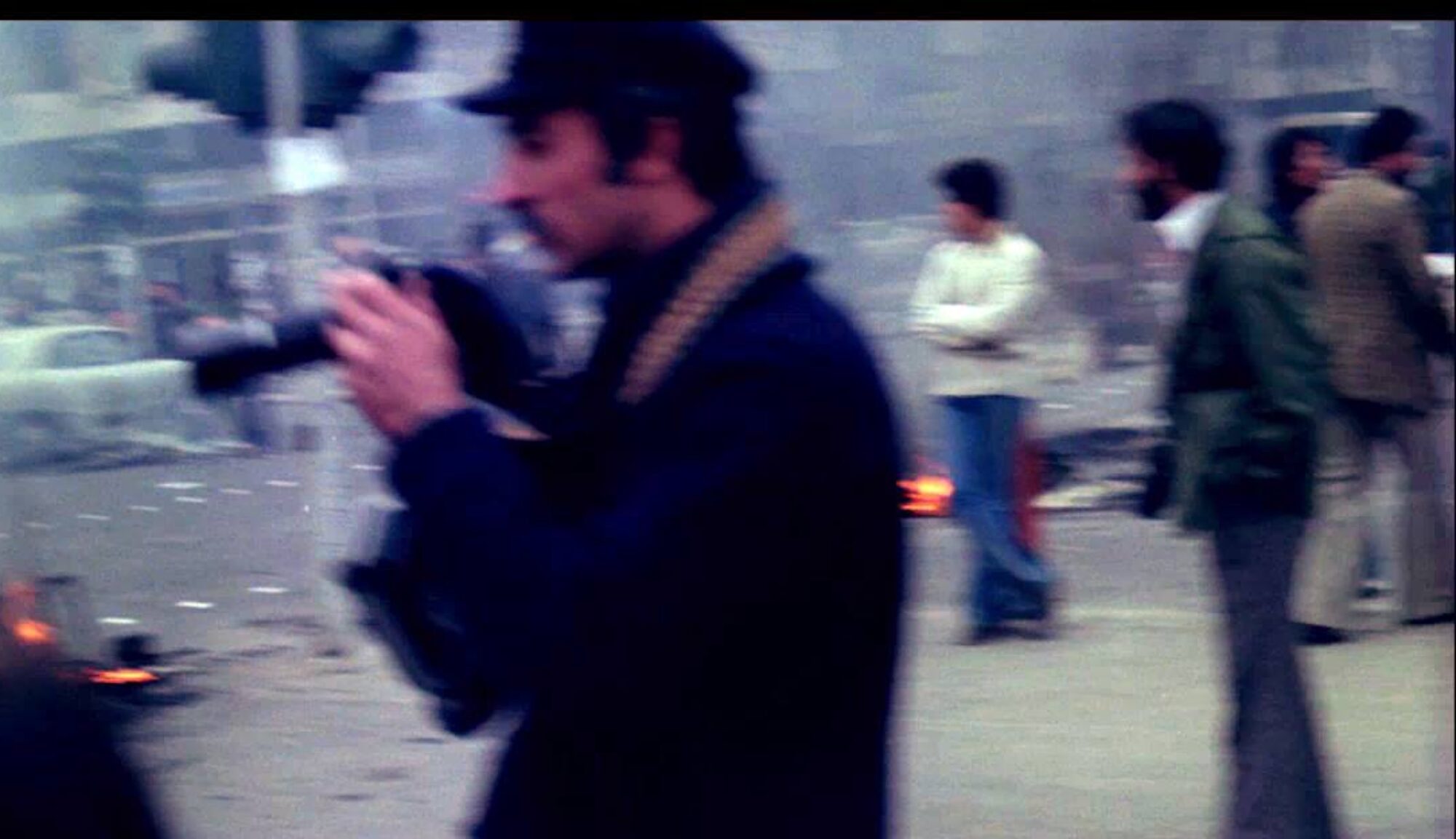
Mehrnoosh Fetrat is an award-winning filmmaker from Iran who focuses on social justice, war, and immigration. She currently works as an assistant professor at Northwestern University and has taught at several other universities, including Temple, Drexel, and Saint Joseph’s. She received her MFA in Film Production from Temple University and founded Philadelphia’s Utopia Film Club. Mehrnoosh has written, produced, and directed three short films: “War Game,” “America,” and “Copsi.” Her films have been screened at over 50 film festivals and galleries across the world. Her main area of research is the history of Iranian documentary filmmaking. She is currently working on a feature documentary about Kamran Shirdel, and researching the influence of the Third Cinema on Middle Eastern filmmakers like Parviz Kimiavi and Elia Suleiman.
Filmography:
War Game
Writer, Director, and Producer | USA | 18 minutes | May 2019
America
Writer, Director, and Producer | Iran, USA | 19 minutes | May 2018
Copsi
Writer, Director and Producer | Iran | 22 minutes | May 2015

Arta Barzanji is an Iranian cinephile, writer, filmmaker, and a recent MFA graduate in Film and Media Arts from Temple University. His work, encompassing experimental, narrative, and documentary modes, deals directly with the cinema itself, exploring the relationship between the viewer and the screen while engaging with the works of filmmakers as diverse as Stan Brakhage, Orson Welles, Kamran Shirdel, and Malcolm Le Grice. Arta was a 2022 participant in the Ghent Film Fest Young Critics Workshop and a 2023 participant in the Locarno Critics Academy. His critical writings and translations have appeared both in Farsi and English.
Filmography:
Rear Window (11 minutes, Experimental Narrative, In post-production) Director/Writer/Editor [April 2022-Present]
The Dream Machine (7 minutes, Experimental) Director/Cinematographer/Editor [December 2021]
halluCINEtions (9 minutes, Experimental Narrative) Writer/Director/Editor [May 2020]

Filmmakers’ Statement:
We’ve long had a fascination with both the modern history of Iran and the history of cinema. These preoccupations came together and were personified in the figure of Shirdel. Shirdel lived through a turbulent period of history, during which time he either directly recorded or indirectly reflected several major historical turning points in his films, including the 1953 Coup and 1979 Revolution. For his uncompromising pursuit of truth through cinema, Shirdel faced censorship and effective bans on his filmmaking by both the Monarchy and the Islamic Regime. Unfinished: Kamran Shirdel is our exploration of this history through the lens of the eponymous protagonist. The documentary is also a self-reflexive record of the similarly eventful process of its own production.
